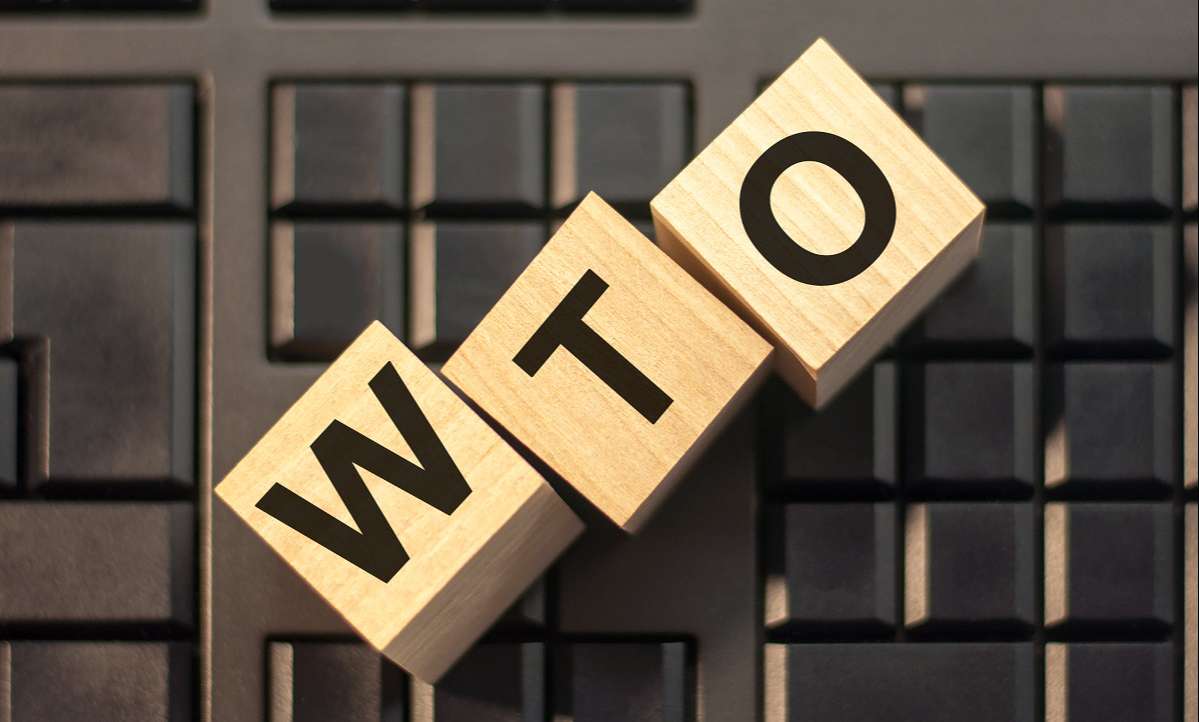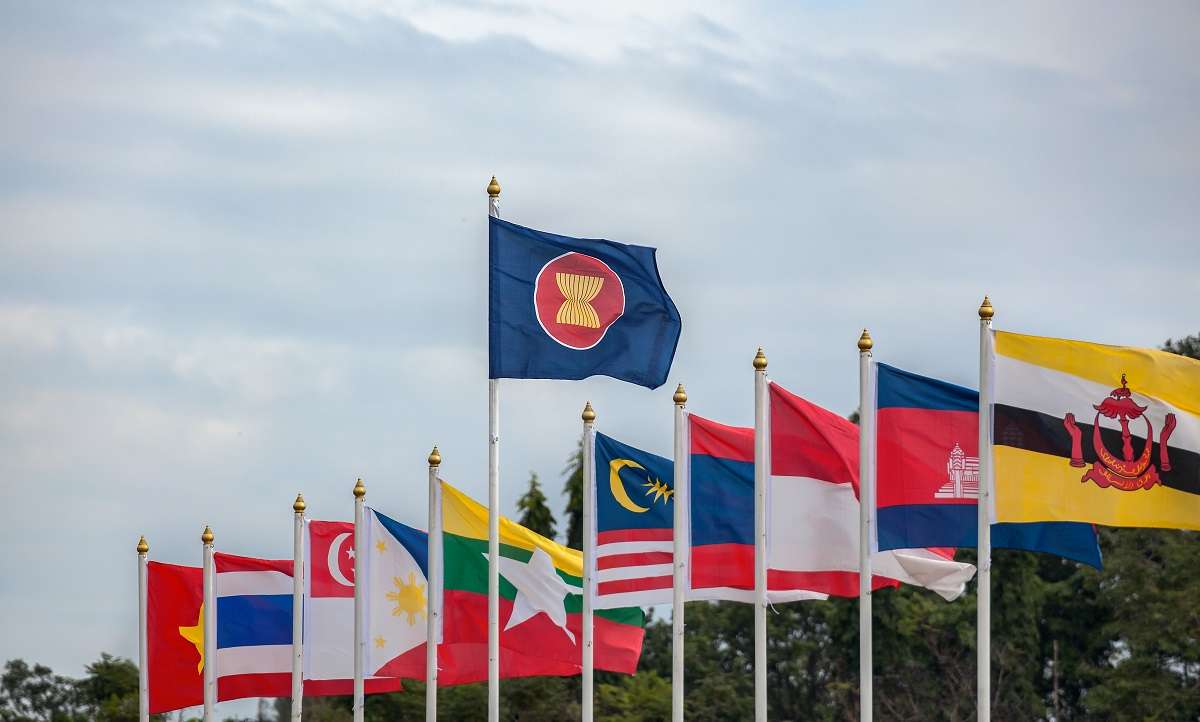How Does Dispute Settlement Mechanism of WTO Work?


How Does Dispute Settlement Mechanism of WTO Work?
The dispute settlement mechanism of the World Trade Organization (WTO) is a succession of the dispute settlement rules that has been effective for nearly 50 years in the history of GATT 1947. The basic objective of this dispute resolution mechanism is to achieve a positive solution to the dispute. Vietnam is member of WTO therefore it could refer to dispute settlement mechanism of WTO in dispute against other country member.
When a dispute arises at the WTO, the parties will first conduct consultations to come up with a mutually agreed solution to resolve the case (Consultation – the stage of mediation), as usual in each case there is the participation of third parties (who are members of significant interest and desire to participate in the dispute resolution process), if they feel a significant interest in the case and should be considered by the panel. In the case of an unsuccessful inquiry, a panel of 3 to 5 members will be established and tasked with examining a particular issue in dispute on the basis of WTO rules cited by the claimant’s country.
After the establishment of a panel to review the complaint, the first thing that the panel needs to do is to set a timetable for its proceedings (Article 12.3 of the DSU). The panel procedure usually covers the contents set forth in Article 12 and Annex 3 of the DSU, including certain flexibility to ensure the quality of the report without delaying the proceedings. Setting a timetable helps the parties understand the contents and deadlines for each dispute, helping them be more proactive in presenting evidence, bases and arguments in their submitted documents.
After the hearings take place, the panel will enter the internal discussion phase (deliberation), to review the assessment of relevant legal, practical issues in accordance with the provisions of the WTO, the deliberation must be kept secret. These reports were drafted without the presence of the parties to the dispute, but only according to the content of the information provided and the comments made earlier. Individual opinions of jurors presented in a panel report shall not include the names of speakers of such opinions.
After the final report will be sent to the parties to the dispute within 2 weeks after the panel has concluded the mid-term review. Normally, every report of the panel has very large content, to facilitate the study of review by the appellate body and to quote case law, the report must show the table of contents and paragraphs which are separate numbered in the order of the report. If there is no appeal, the dispute resolution process will immediately go to the implementation stage after the DSB adopts a panel report. If there is an appeal, the case will be reviewed at the Appellate level.
It is important for Vietnam as member of WTO to be aware of the dispute settlement mechanism and fully prepared when having dispute against other country members in international trade dispute matters.
How ANT Lawyers Could Help Your Business?
Contact Us for ADR & Mediation Services provided by qualified mediators and dispute lawyers, supported by field experts via email ant@antlawyers.vn or call our office at (+84) 24 730 86 529
Recent Posts
5 Crucial Facts About ESG Laws in Vietnam That Could Save Your Business and Reputation
The Business World Is Changing Fast Rules are shifting. Expectations are rising. Eyes are watching. …
7 Powerful Reasons Why ESG Compliance in Vietnam Will Win You Trust, Growth, and Global Clients
Trust matters. Today, more than ever. Across industries, many companies are now being asked. directly…
7 Bold Reasons Why Tokenization in Vietnam Could Transform Your Future
Change is coming. Quietly. Digitally. Rapidly. Let’s imagine the situation, which assets are no longer…
Vietnam P2P Lending: 5 Bold Reasons Why Decree 94/2025 Could Empower Millions or Backfire?
A New Financial Chapter Begins in Vietnam One person lends. Another borrows. It’s that simple.…
5 Essential Lessons from Risk Management in Digital Assets in Vietnam: Protecting Trust in a Digital World
Trust Is the Real Currency Money can be lost. Tokens can vanish. Platforms can crash.…
5 Powerful Reasons Why Vietnam Digital Asset Sandbox Is a Bold and Hopeful Move for Innovation
Change is fast. Rules are slow. But innovation can’t wait. As digital assets grow, so…






